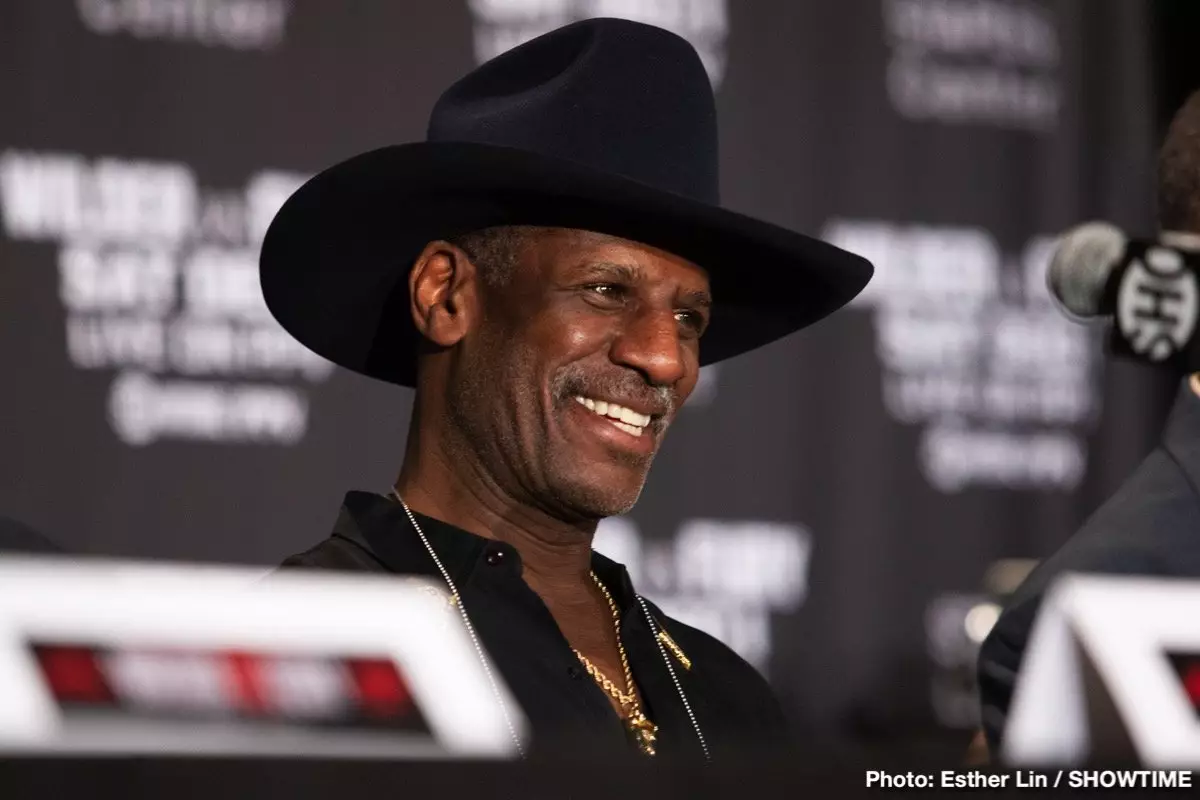Michael Spinks remains a legendary figure in the boxing world, recognized for his unparalleled success in both light-heavyweight and heavyweight divisions. His in-ring artistry, characterized by elusive movement and strategic brilliance, earned him the affectionate nickname “Jinx” among fans. However, this iconic champion often finds his achievements overshadowed by a single, crushing defeat – a swift knockout by Mike Tyson in a fight that was both historic and heartbreaking. This article delves into Spinks’ legacy, the significant fight against Tyson, and the controversial claims surrounding performance-enhancing drugs in the sport.
Spinks’s boxing career is a testament to talent, hard work, and determination. Rising from humble beginnings, he dramatically transformed the light-heavyweight division, unifying titles and showcasing an unorthodox fighting style that confounded opponents. His ascent was marked by notable victories, including a thrilling encounter against Eddie Mustafa Muhammad, which solidified Spinks’ status as a formidable contender.
When Spinks ultimately transitioned to the heavyweight class, many pundits questioned whether he could maintain his success against larger, more powerful figures. Yet, his strategic acumen often allowed him to outmaneuver heavier opponents. His achievements at this level culminated in a historic clash against Mike Tyson in 1988, a moment etched in the annals of boxing history for all the wrong reasons.
The fight between Spinks and Tyson was billed as an epic showdown between two of the sport’s most electrifying talents. Fans and critics alike were captivated by the prospect of Spinks using his speed and skill to neutralize Tyson’s ferocity—a promising recipe for an unforgettable battle. Yet, in a shocking twist of fate, the bout lasted a mere 91 seconds, with Tyson delivering a devastating knockout that left audiences and Spinks reeling.
In hindsight, the rapidity of Spinks’ defeat raises challenging questions. Many believe that the perceived intimidation from Tyson played a significant role, while others propose that Spinks may have deliberately thrown the fight—a claim that Spinks himself vehemently denies. In a recent interview with Vlad TV, Spinks revealed a surprising assertion: he believed Tyson was on steroids during their match. This statement, if true, adds a complex layer to an already fraught narrative.
Controversies Surrounding Drug Use
The claim regarding Tyson’s alleged use of performance-enhancing drugs is not just shocking; it brings to light the broader issue of drug use in boxing. At the height of his career, Tyson appeared invincible, known for his explosive punches and primal energy. However, this raises critical concerns about the integrity of the sport and whether Tyson’s prowess could have been chemically enhanced.
Although Spinks acknowledged the possibility of defeat against a seemingly ‘superhuman’ Tyson, he expressed no regret over the loss itself. His unwavering commitment to retirement after the fight underscored his respect for the sport, yet it also spoke to the mental toll of such a crushing defeat. Spinks articulated a deeply personal struggle: “I had a terrible time swallowing the fact that I lost to Tyson,” he confessed, indicating how profoundly the defeat affected not just his career but also his identity as a boxer.
Despite the narrative of Spinks’ loss overshadowing his remarkable career, it’s essential to appreciate the legacy he left behind. His contributions to boxing remain significant, showcasing a level of skill and intelligence that defines greatness in the sport. Spinks’ willingness to compete against the odds, even when faced with seemingly insurmountable challenges, remains an inspiring story for aspiring athletes everywhere.
In closing, Michael Spinks may be primarily remembered for a swift defeat at the hands of Mike Tyson, but his legacy is far richer and more complex. The implications of doping allegations and their potential impact on the sport of boxing cast a long shadow over this iconic fight, serving as a pertinent reminder of the integrity required in athletics. Ultimately, Spinks’ journey reflects not just his successes but also the very human elements of defeat, struggle, and dignity in the face of adversity.

